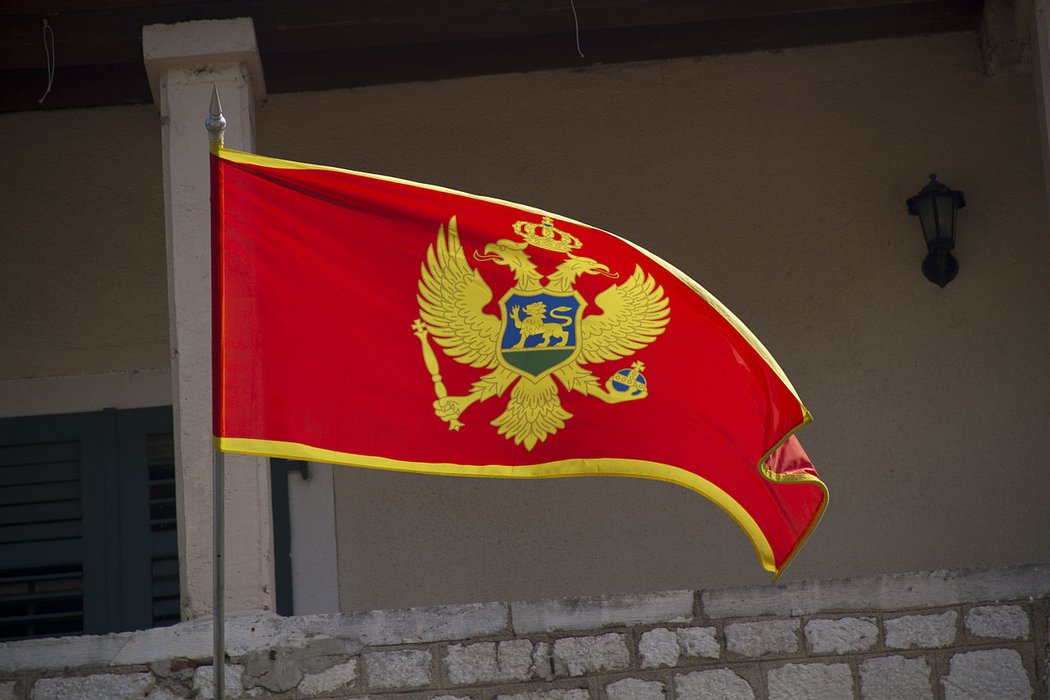
FREEDOM OF PEACEFUL ASSEMBLY
Women’s march held in Berane in solidarity with domestic violence victims
In December 2022, as part of the "16 Days of Activism Against Violence Against Women" campaign, a women's march was held in Berane. The participants emphasised that violence against women is not limited to physical abuse and urged victims to report any form of violence. The event aimed to raise awareness, demonstrate solidarity with victims and highlight the importance of addressing violence against women in all its forms.
Protesters in Podgorica call for snap elections
On 20th December, the movement "Ima nas" protested again in front of the National Assembly in Podgorica to express their dissatisfaction with the adoption of the amendments to the Law on the President. The movement demands the repeal of the law, the holding of snap elections, a dialogue on the election of judges to the Constitutional Court and a halt to Montenegro's accession to the Open Balkans initiative.
Citizens protest “cultural genocide” in Tivat
On 14th January, hundreds of citizens, including actors, directors, and cultural workers, gathered in front of the Buća-Luković medieval summerhouse complex for the second protest against the removal of the "Atrium" stage from the Tivat Cultural Centre. The protesters accused the management of the JU Museum and Gallery, which oversees the complex, of engaging in "cultural genocide" and called for the return of the stage to its original space. The demonstrators emphasised the historical significance of the stage and called for open dialogue and consensus in order to preserve the cultural heritage of Tivat.
Workers across Montenegro demand better labour conditions
On 12th December, members of the Employees Union of the Administration for the Enforcement of Criminal Sanctions protested in front of the Prosecutor's Office building in Podgorica, demanding a more decisive response from the authorities to the recent bombing of the house of the head of the pre-trial detention centre. They expressed their dissatisfaction with the lack of protection for officials and called for swift and decisive action against those responsible for the attacks. The protest was also supported by other unions, underscoring the need for solidarity and improved working conditions for those in perilous roles within the justice system.
During the reporting period, there were several other protests concerning workers’ rights. On 20th December, employees of Montenegrin Telekom held a one-hour protest rally in front of the German Embassy in Podgorica. Montenegrin Telekom has been a part of the Deutsche Telekom Group since 2005, with the Government of Germany as the group’s largest shareholder. They asserted that the management intends to revoke their established rights, eliminate the collective agreement, and diminish the trade union's role.
On 23rd January, a workers' protest took place at the “Dr. Simo Milošević” Institute for Physical Medicine, Rehabilitation and Rheumatology in Igalo. The demonstrators voiced their concerns about labour issues at the institution. This protest garnered support from the Union of Free Trade Unions of Montenegro (USSCG). Employees at Meljine Hospital also expressed their disappointment with the Minister of Health for not demonstrating interest in addressing the issues facing the hospital and the city. This demonstration underscores the worries of the workers about the lack of attention and support from government officials, indicating a pressing need for increased engagement to tackle the challenges encountered by the hospital and the community.
FREEDOM OF EXPRESSION
Montenegro is ranked 63rd out of 180 countries in RSF's 2022 World Press Freedom Index, placing it third in the region behind North Macedonia and Croatia. However, compared to the previous year, Montenegro's rating has significantly dropped from 3.59 to 3.40, primarily due to the record number of attacks on journalists. A press release from the Democratic Party of National Unity (DPNU) issued on 7th February underscored the purported lack of interest and involvement shown by state prosecutors in cases involving attacks on journalists in Montenegro. The DPNU accused the prosecutors of displaying apathy and failing to pursue justice in these instances. The party's statement implies that this inaction could have adverse implications for press freedom and the safety of journalists in the country.
Investigative journalist’s drug trafficking conviction overturned after seven-year ordeal
On 17th January 2023, Montenegro's Appeals Court overturned the guilty verdict against prominent investigative journalist Jovo Martinović, who had been wrongly convicted of drug trafficking. This case was heavily criticised by media organisations and the EU. Jovo Martinović, a freelance investigative journalist known for his reporting on organised crime in Europe and war criminals in the Balkans, was sentenced to a year in prison in October 2020 for drug trafficking. He was arrested in October 2015 along with 17 others and spent nearly a year and a half in custody before being released in January 2017, prior to the trial. The journalist consistently maintained that his interactions with alleged drug traffickers were solely part of his legitimate reporting work. In a statement for RSF, Martinović stated: "This case has consumed a significant amount of my time and has strained my resources and ability to work freely. It can be likened to a SLAPP (Strategic Lawsuit Against Public Participation) but with even more severe consequences."
Citizens protest public broadcaster’s alleged discriminatory practices against employees
On 4th February, citizens gathered in front of the Media Directorate of Montenegro to protest what they consider harassing and discriminatory policies against journalists working in government media. The protest was triggered by a journalist's complaint of workplace bullying at the public broadcaster RTCG, which she said began after she reported on an incident in which she was physically and verbally assaulted by a priest of the Serbian Orthodox Church. A week earlier, another group of citizens protested in front of the RTCG building, raising concerns about alleged pressure on journalists who use a specific version of the Montenegrin language, which they see as an attempt by the broadcaster’s pro-Serbian management to suppress Montenegrin national identity.